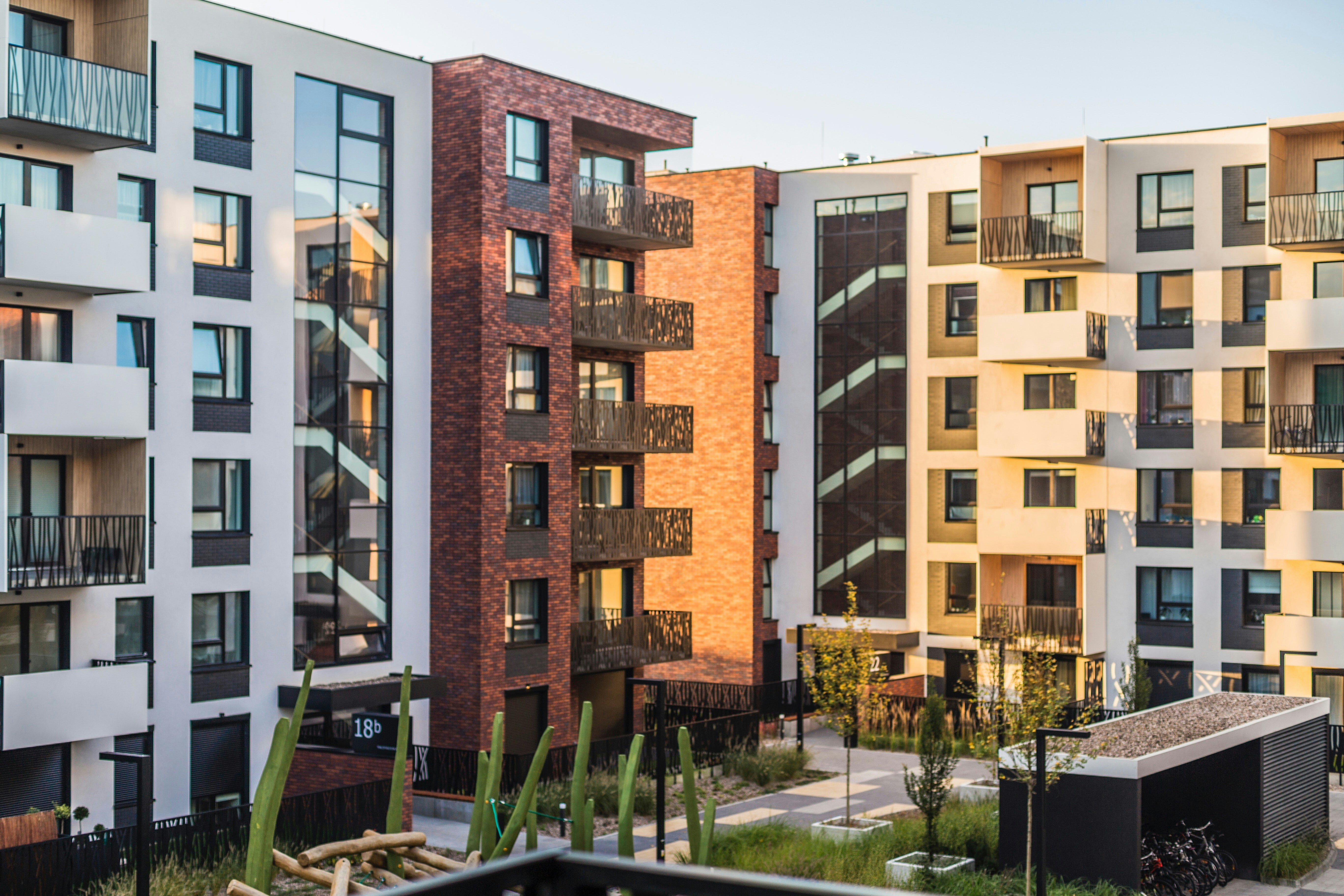Most importantly, the impact it would have on the climate and carbon emissions. However, there are many impediments yet to be overcome when moving away from gas as a fuel source particularly when replacing it with electricity. The significantly higher cost of electricity acquisition compared to gas has hindered our progress in making this switch. In many instances, the price per unit of electricity can be between 4 to 5 times that per unit of gas. Despite advances in the energy performance of heat pumps, the cost of electricity results in the fact that the end cost to the buyer would still be higher than using a gas-fuelled system.
Reducing the perceived financial burden of switching to electricity can be offset through education and looking to change behaviours. If the fuel is more expensive then consumers should use less of it. This has positive implications for energy efficiency due to better individual management of household energy consumption.
With new energy targets introduced in both the Future Homes Standard and subsequent Government regulations, the switch away from gas consumption is a necessary one for all new builds but there is still some ambiguity for existing and larger properties as well as commercial properties. Will gas-fired district heating systems be prohibited in the future? Are heat pumps for blocks of flats a realistic solution?
From 2023, ‘The 2015 Regulations’ will apply to all commercial lettings, uplifting the energy efficiency standard expectations for landlords to comply with, so regardless of cost or building type we will eventually make an industry-wide switch.
One alternative that could be considered is hybrid energy. This would be more practical when assessing energy-efficient ways to support large buildings where heat pumps alone would not be a suitable solution. Combustion plants can also still be very effective at dealing with peak loads and very low ambient temperatures. An increase in energy sharing systems could prove very effective at heating larger buildings but building and contractual issues often prevent this.
Financial incentives are now more difficult to acquire meaning the natural uptake of energy-efficient solutions such as heat pumps will suffer. More cost-effective solutions will have to be put in place should the UK strive to get houses off the gas grid. There are, however, hints that the Building and Heat Strategy may be supported by tax or levies that favour low-carbon heating over traditional fuels. This would be a massive step forward in changing how the UK heats its buildings in the future.
In our recent Powering Real Estate webinar hosted by Communal Energy Partners and Charles Russell Speechlys we were joined by Aaron and Caroline Bragg of the ADE.
The experts, presented and discussed key trends and topics that we’re seeing in the real estate energy world, such as;
-
Is it plausible to meet the governments ambitious plan to get new houses off the gas grid by 2025?
-
How financially viable is it to transition entirely to electricity?
-
Are there any practical applications of hybrid energy in real estate?
And provided their unique insight on new policies and their implementation.
Follow the link below to find out more...





